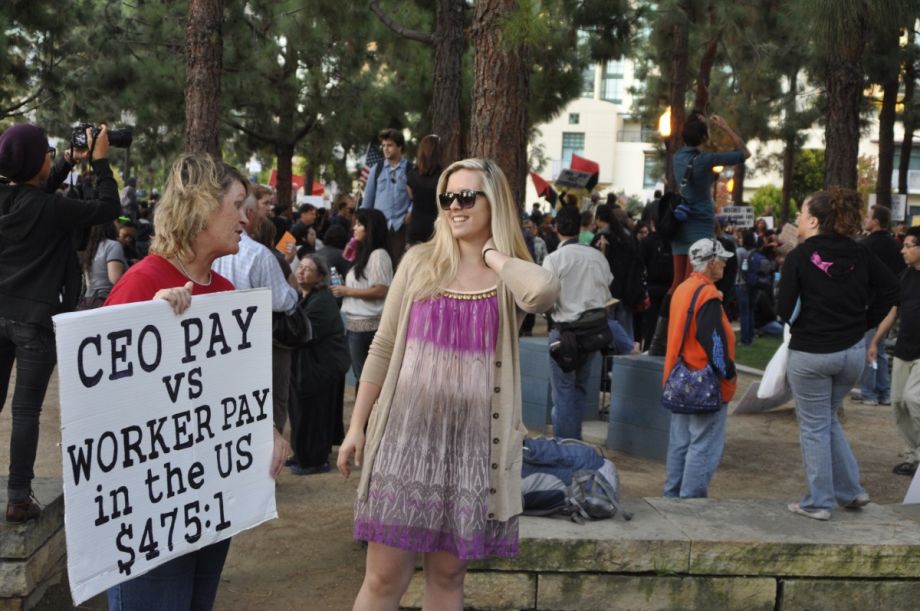Many Low-Income Immigrant Adults Needed a Safety Net Last Year, Few Used One
About half of adults in immigrant families earning below 200 percent of the poverty line said that their job — or that of someone in their family — had been affected by the pandemic, analysis of a new survey from the Urban Institute finds. More than 4 in 10 reported food insecurity, one-quarter had problems paying medical bills or skipped medical care, and one-fifth reported problems paying rent, mortgage or utility bills.
Despite these hardships, many immigrant families avoided government safety net programs — many in fear of the “public charge” rule expanded under President Trump that prohibited immigrants who rely on some public services from obtaining residency status.
The Urban Institute survey found that 1 in 8 respondents reported avoiding a nutrition program, 1 in 9 avoided a health program, and just under 1 in 10 avoided housing assistance; the numbers are significantly higher for families with at least one non-permanent resident.
The survey found that families also avoided safety net programs that weren’t part of the expanded public charge rule, such as unemployment benefits and low-cost medical care.
Illinois Tries Again With Dispensary Equity
The Illinois House of Representatives has passed legislation that would revamp the system for awarding marijuana dispensary licenses, St. Louis Public Radio reports.
The bill, sponsored by Chicago Democratic Rep. La Shawn Ford, would create two new lotteries for licenses meant to address concerns that arose with a previous lottery — one which was scrapped after the pandemic and legal challenges. STLPR reported that Ford said his bill was the best chance for Black and brown communities to gain a legal foothold in the state’s growing recreational marijuana industry.
According to the Springfield State Journal-Register, co-sponsor Rep. Kathleen Willis described the bill as a compromise: “We are not going to get it perfect, but we have gotten it much, much closer to perfect, and that’s what we have to see,” Willis said. “As long as we delay, no new recreational licenses will be issued. We need to get it passed so we can continue to move forward so it is not the same few dispensaries that continue to make a profit from the recreational marijuana industry.”
The state Senate has until Monday to pass the bill in this session.
More Cities, Counties Fighting Wage Theft by Contractors
Just this month, Santa Clara County in California, and Holyoke, Easthampton and Springfield, Massachusetts, either passed or are considering laws or programs barring companies from doing business with the city if they engage in wage theft or worker misclassification.
In Holyoke, according to MassLive, Ward 2 Councilor Terence Murphy cited a Mass Attorney General’s Office report finding that employers in the state paid $6.7 million in restitution and $5.7 million in penalties for infractions that affected 12,000 workers.
The Santa Clara County program, which went into effect earlier this month, is more proactive: San Jose Spotlight reports that the county is combing through records related to companies already doing business with the county to determine if any have wage theft judgments against them and whether to disqualify them from working with the city going forward.
It expands upon previous initiatives, such as one that allowed the county to suspend food vendor licenses for businesses with wage theft judgments.
Santa Clara County has some of the highest instances of wage theft in California, San Jose Spotlight reported.
CEO Pay Rose 16% in 2020, But Worker Pay Rose Less Than 2%
That’s it. That’s the whole story.
This article is part of The Bottom Line, a series exploring scalable solutions for problems related to affordability, inclusive economic growth and access to capital. Click here to subscribe to our Bottom Line newsletter.


















